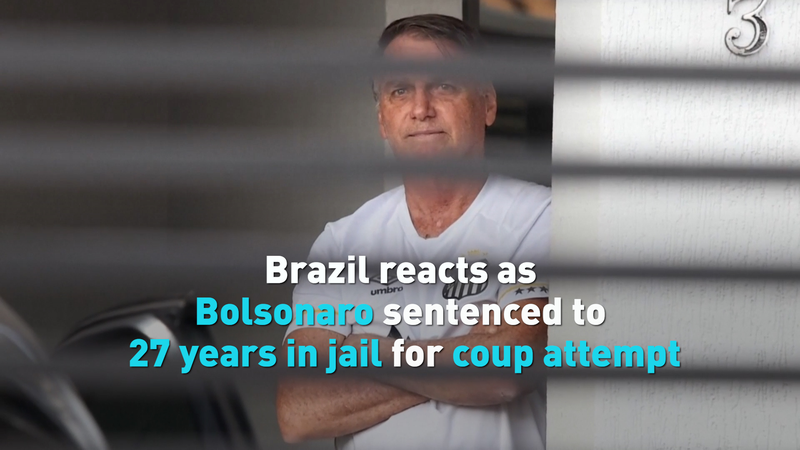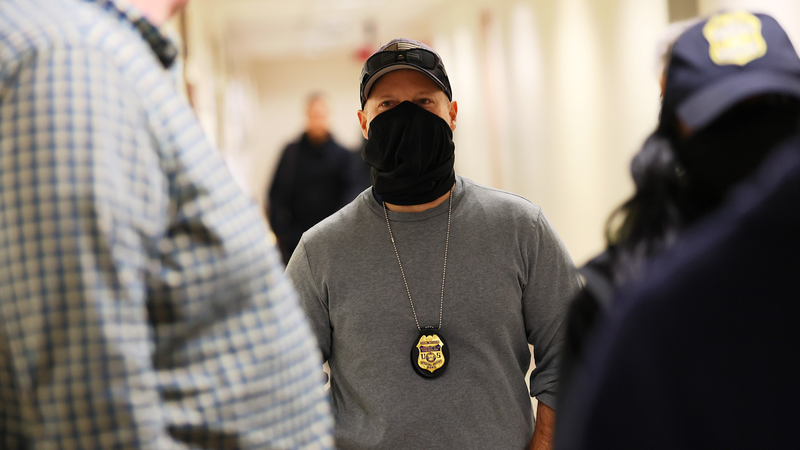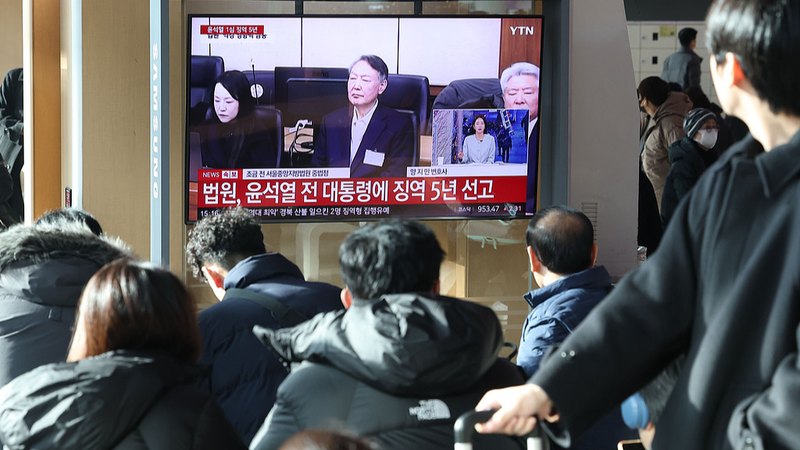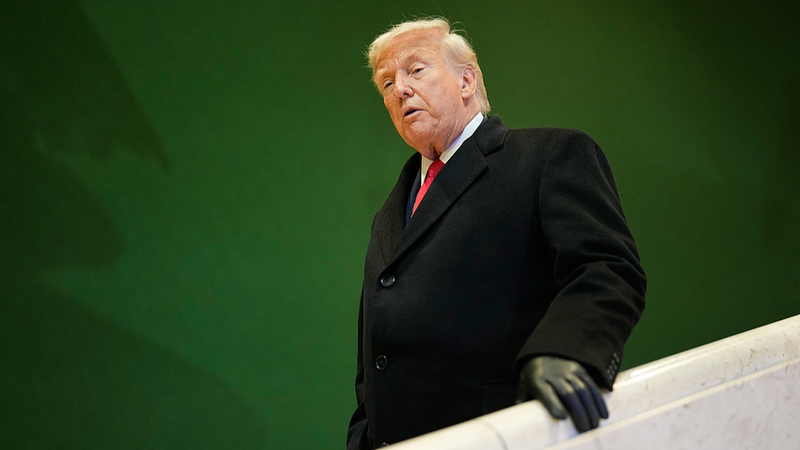Brazil's former President Jair Bolsonaro is navigating uncharted waters after a court convicted him this week of attempting a coup. The ruling stems from the dramatic January 8, 2023 attack on Congress, the Supreme Court, and the presidential palace in Brasília—a day that shook Brazilian democracy to its core.
Supporters of Bolsonaro have taken to social media (think Twitter threads and WhatsApp groups) calling the verdict 'political persecution.' They argue this move undermines free debate and sets a risky precedent for elected leaders 🚨. On the flip side, critics say this is long-overdue justice, pointing out that violent attempts to overthrow government institutions can’t go unchecked 🔒.
The fallout is already reverberating across Latin America—and beyond. From Jakarta to Mumbai, young people are watching closely. In Indonesia, where social media campaigns shape elections, some are drawing parallels to debates over digital disinformation. In India, the conversation around accountability and power resonates with recent student protests demanding transparency on campus.
What’s next for Bolsonaro? He’s signaling an appeal, and Brazil’s Supreme Court is gearing up for what could be a landmark review. Whatever happens, one thing is clear: this case is redefining the line between protest and insurrection, and it’s sparking global debate on how democracies should respond when leaders cross red lines.
Stay tuned as Brazil’s political saga unfolds—because in our hyper-connected world, what happens in Brasília doesn’t stay in Brasília 🌐.
Reference(s):
cgtn.com




